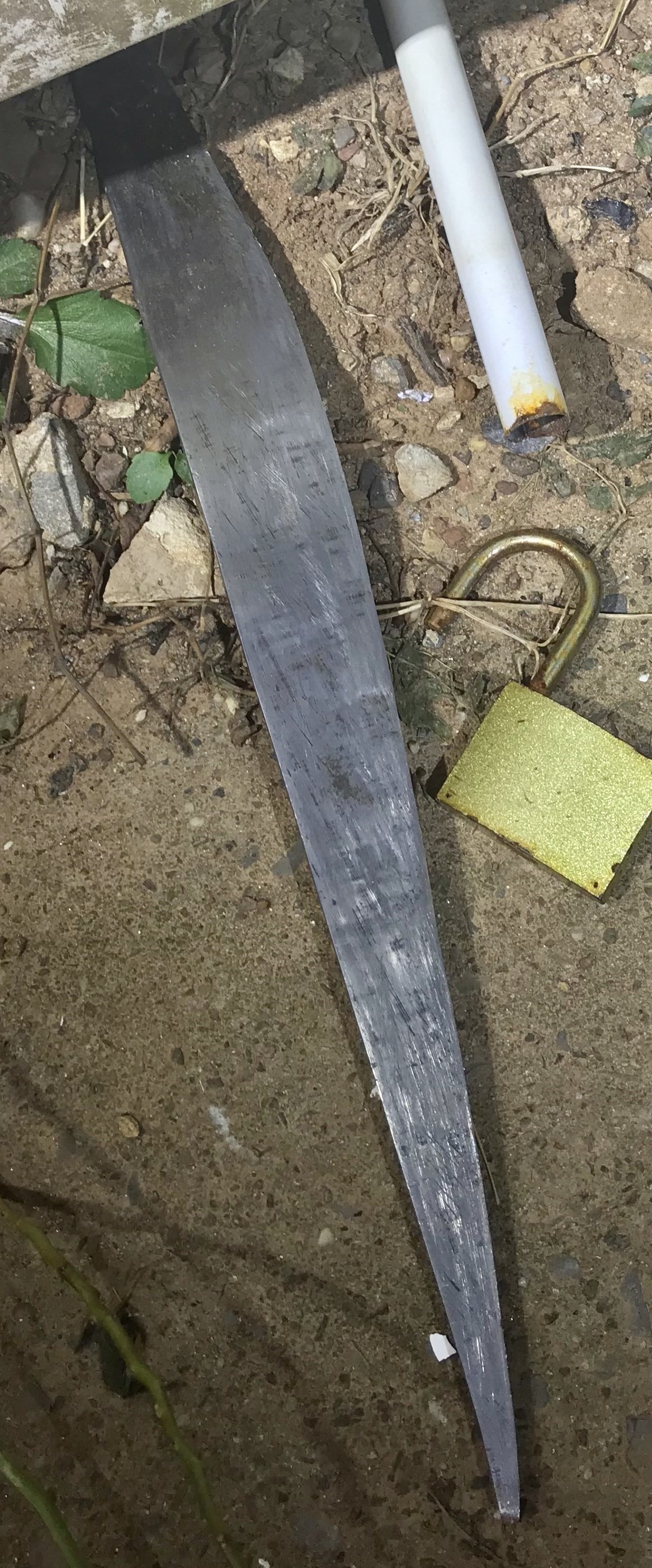New analysis identifies neighborhoods hit hardest by enforcement policies and offers road map for building equity in adult-use marijuana industry
Data shows discriminatory cannabis enforcement targets low-income New Yorkers
As New York moves closer to legalizing cannabis for adult use, New York City Comptroller Scott Stringer released an analysis revealing disparities in marijuana enforcement across not only racial and ethnic but also socioeconomic lines. The new report, Addressing the Harms of Prohibition: What NYC Can do to Support an Equitable Cannabis Industry, found City neighborhoods with the highest marijuana-related arrest rates have lower incomes, higher unemployment, lower credit scores, and lower rates of home ownership.
With the promise of new revenue generated by a legal market, Comptroller Stringer called for City and State leaders to develop a robust cannabis equity program, directing capital and technical assistance to impacted communities interested in participating in the adult-use industry. An
analysis done by the Comptroller’s Office in May estimated the cannabis market could result in $336 million in annual tax revenue for the city, on top of $436 million for the state.
“Thousands of New Yorkers, who are overwhelmingly Black and Latinx, have endured discriminatory cannabis enforcement policies for far too long – and it must end now. This report shows that the City has long targeted communities that are among the most economically insecure, resulting in damaged credit, loss of employment, housing, and more.” said Comptroller Stringer. “As we move towards creating a legal market that will generate billions of dollars, we have to ensure that we correct historic injustices and backwards policies of the past.”
Utilizing U.S. Census Bureau data and New York State Division of Criminal Justice Services data on the number of marijuana-related arrests in New York City between 2010 and 2017, the Comptroller’s Office found Brownsville and Ocean Hill has the highest average marijuana-related arrest rate during the period, followed by East New York and Starrett City. The report also revealed that the marijuana-related arrest rate in East Harlem is 13 times higher than on the Upper East Side, further underscoring the significant disparities even among adjoining neighborhoods.
Other findings include:
- Seven of the 10 neighborhoods in the city with the lowest median household incomes, fall among the top 10 for marijuana-related arrest rates and account for more than one-third (34.3 percent) of all such arrests. The 10 neighborhoods with the highest median household income, account for only one-tenth (11.0 percent) of all arrests;
- In four of the five highest-ranking neighborhoods by arrest rate, the unemployment rate exceeds 10 percent; citywide, the unemployment rate is half that (5.2 percent);
- Among the 10 highest-ranking neighborhoods, roughly one in 10 homes are owner-occupied (homeownership rate of 11.4 percent), compared to one in two homes among the 10 lowest-ranking neighborhoods (51.5 percent); and
- Marijuana-related arrest rate tracks closely with credit score, with Brownsville having both the highest arrest rate and lowest median credit score (598) in the city.
As the experiences of other states and New York’s own medical marijuana program show, there are a number of structural barriers to participating in the industry including accessing potential business and employment opportunities. In order to ensure the State’s cannabis industry does not follow suit and become similarly exclusionary, the Comptroller’s Office makes the following recommendations:
Invest tax revenue in impacted communities
A portion of the tax revenue generated by legalization should be awarded on a competitive basis to localities and community-based organizations working in neighborhoods with the highest proportion of marijuana-related arrests and that meet other criteria, such as having high rates of unemployment and a demonstrated need for mental health or substance use treatment. The New York State Community Grants Reinvestment Fund, as envisioned in the MRTA, offers a model for the types of services this funding should support, which include job placement, adult education, mental health treatment, substance abuse treatment, and legal assistance related to reentry.
Adopt inclusive licensee eligibility requirements
Any State legislation that seeks to create an adult-use marijuana program should include explicit equity provisions so that the adult-use market reflects the communities most impacted by prohibition. Specifically, people with prior marijuana-related convictions should be made eligible for cannabis licenses, as issued by the relevant State agencies. Applicants for licenses and permits should in turn be required to demonstrate how they will support hiring of people with prior convictions. In addition, New York State should consider waiving initial application and licensing fees for applicants from priority neighborhoods and regularly solicit feedback to ensure that fees associated with establishing an adult-use cannabis business are not prohibitive.
Establish a NYC cannabis equity program
Given the barriers to breaking in to the market and the economic conditions in neighborhoods most impacted by prohibition, New York City should create a citywide equity program that would function as an incubator hub for local entrepreneurs interested in participating in the new adult-use marijuana industry. In addition to providing general technical assistance, this new City office would help interested parties navigate regulations and licensing procedures, as well as secure financing. Priority would be given to New Yorkers with prior marijuana-related convictions and those closely related to someone with a marijuana-related conviction. To facilitate the implementation of the program, state legislation establishing an adult-use marijuana program should allow for a statewide equity program and not preclude local jurisdictions from developing municipal-level equity initiatives.




























